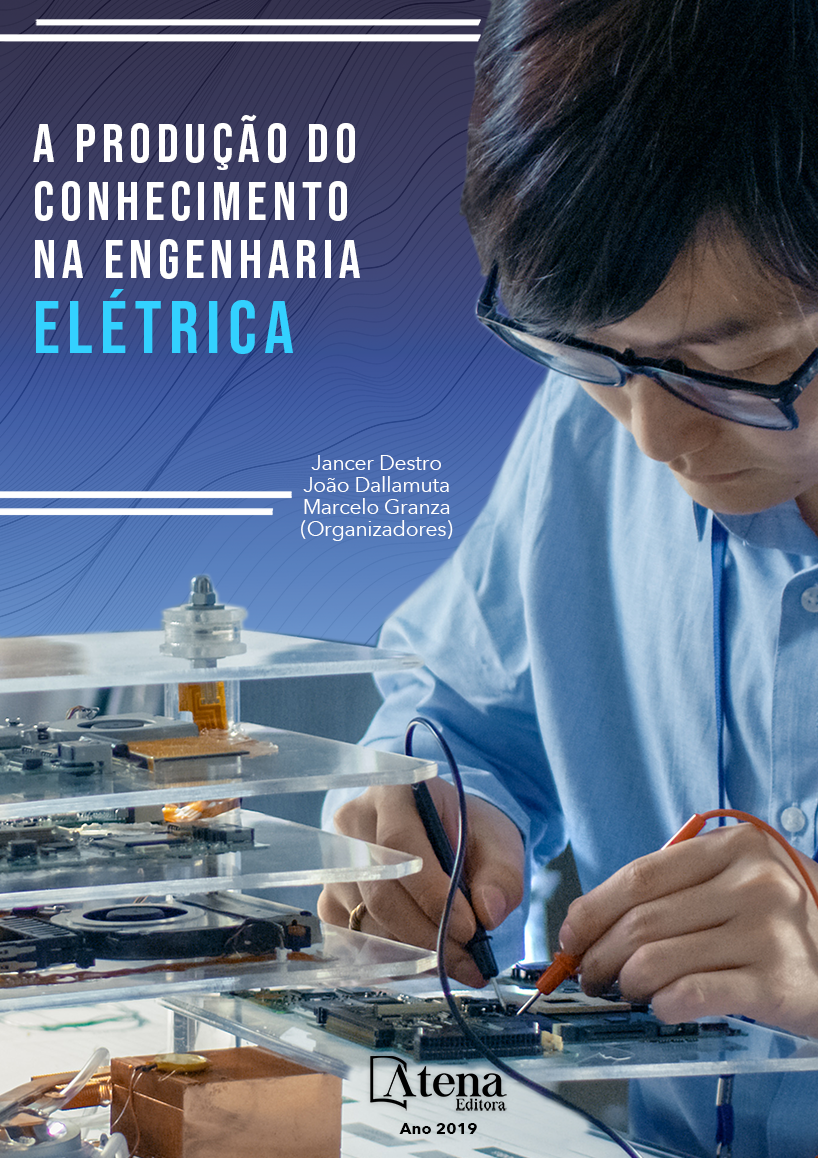
ENGAJAMENTO DE ESTUDANTES DE ESCOLAS PÚBLICAS NA ÁREA DAS GRANDES ENGENHARIAS: UMA PROPOSTA DE MOTIVAÇÃO E REDUÇÃO DA DISPARIDADE NA PRESENÇA DE ESTUDANTES DE ESCOLAS PÚBLICAS NO ENSINO SUPERIOR
Em conformidade com o Sistema
Nacional de Avaliação da Educação Básica
(SAEB) - conjunto de avaliações externas em
larga escala que tem como principal objetivo
elaborar um diagnóstico da educação básica
brasileira, desempenhado pelo Instituto
Nacional de Estudos e Pesquisas Educacionais
Anísio Teixeira - 67,4% dos alunos de ensino
médio de escolas públicas no Brasil têm
desempenho muito abaixo daquele desejado
em matemática básica. Analisando a conjuntura
da região nordeste, o quadro torna-se ainda
mais inquietante, 76,4% dos estudantes estão
nos dois piores patamares de desempenho em
Matemática, sendo esta a matriz base constituinte
de inúmeras profissões, contendo a capacidade
de interligar e conduzir comunicabilidade global,
é necessário, portanto, uma nova percepção
acerca disso por parte dos alunos de educação
básica. Encarando as ciências exatas como
premissa para aplicações tais quais: sistemas de
geração, distribuição e transmissão de energia;
microeletrônica; telecomunicações; automação
e controle; dentre outros, apresentar aos alunos
de escola pública possibilidades de atuação na
engenharia é um passo adiante no processo
de desenvolvimento da intelectualidade dos
mesmos. A fim de minimizar o quadro em
questão, o projeto Instrumentação Eletrônica
Para Alunos de Ensino Médio de Escolas
Públicas e suas derivações, foi submetido ao
CNPq/UFCG aspirando não apenas minorar
possíveis deficiências nas ciências exatas
apresentadas pelos alunos, mas também
trabalhar demais habilidades cruciais tais como
dinâmica em grupo, eloquência, e sobretudo,
motivá-los a exercer suas futuras carreiras na
grande área da Engenharia.
ENGAJAMENTO DE ESTUDANTES DE ESCOLAS PÚBLICAS NA ÁREA DAS GRANDES ENGENHARIAS: UMA PROPOSTA DE MOTIVAÇÃO E REDUÇÃO DA DISPARIDADE NA PRESENÇA DE ESTUDANTES DE ESCOLAS PÚBLICAS NO ENSINO SUPERIOR
-
DOI: 10.22533/at.ed.65119290516
-
Palavras-chave: Ensino básico. Educação pública. Engenharia Elétrica.
-
Keywords: Elementary education. Public education. Electrical Engineering.
-
Abstract:
In accordance with the National
System of Evaluation of Basic Education (NSBA)
- a set of large-scale external evaluations whose
main objective is to elaborate a Brazilian basic
education diagnosis, undertaken by the National Institute of Educational Studies and
Research Anísio Teixeira - 67.4% of high school students in public schools in Brazil
perform far below than that desired in basic mathematics. Analyzing the situation in
the northeast region, it becomes even more disquieting, 76.4% students are in the two
worst levels of performance in Mathematics which is the base matrix constituent of many
professions, with the capacity to interconnect and to conduct global communicability,
which guides all the technological growth of the present-day scope, it is necessary,
therefore, a new perception about this by the basic education students. Facing the
Exact Sciences as tripods for applications such as: energy generation, distribution and
transmission systems; microelectronics; telecommunications; automation and control,
civil construction; development of prototypes in the biomedical area, among others, to
present to the public-school students possibilities of acting in the engineering, is a step
forward the process their intellectuality development. In order to minimize this situation,
the Electronic Instrumentation Project For High School Students of Public Schools, and
its derivatives, was submitted to CNPq/UFCG and obtained acceptance for four times,
aiming not only to alleviate possible deficiencies in the Exact Sciences presented by
the students, but also, work crucial skills such as group dynamics, eloquence, and
above all, motivate them to pursue their future careers in the great area of Engineering.
-
Número de páginas: 15
- Raimundo Carlos Silvério Freire
- Rayanna Maria de Oliveira Francklim
- Anyelle Keila Farias de Queiroz


